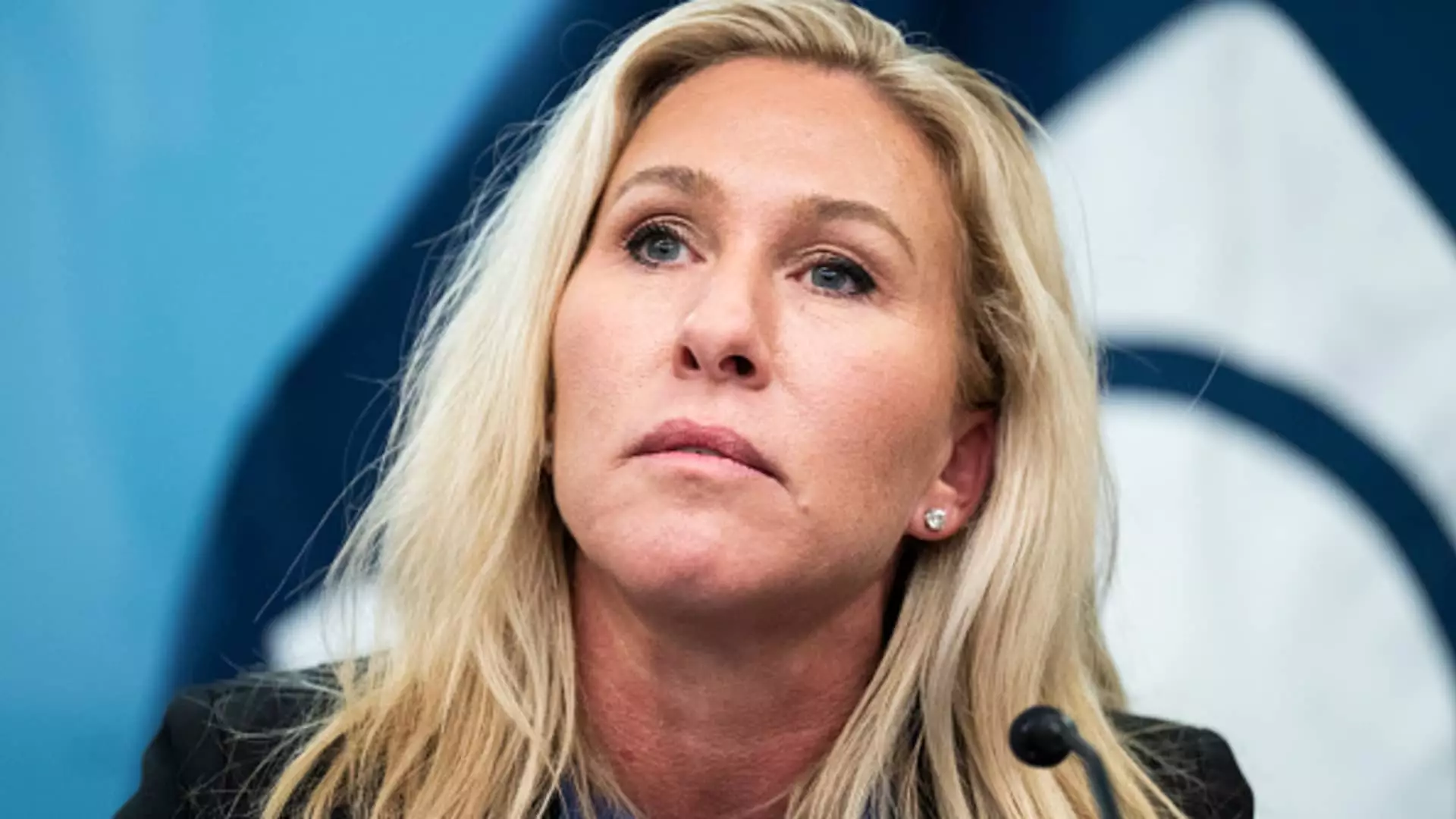The United States has long grappled with the question of government efficiency, often embroiled in discussions about bureaucracy, waste, and accountability. Recently, Representative Marjorie Taylor Greene, known for her polarizing views, has been appointed to lead a new House subcommittee focused on enhancing government efficiency in partnership with private sector figures like Elon Musk and Vivek Ramaswamy. This collaboration raises questions about the implications for governance, transparency, and public trust.
Appointment and Goals of the Subcommittee
Greene has been chosen to chair the Subcommittee on Delivering on Government Efficiency, which will work alongside a private initiative led by Musk and Ramaswamy. These two billionaires are not strangers to political influence and public scrutiny, and by linking their goals with Congress, the subcommittee aims to tackle issues of governmental inefficiency head-on. Greene expressed enthusiasm about her new role, asserting her commitment to “firing bureaucrats” and ensuring “transparency and truth” through a rigorous examination of federal agencies.
The subcommittee’s objectives echo the motivations behind the “Department of Government Efficiency” (DOGE) initiative, which seeks to identify wasteful practices in government operations and prune redundancies. Given that this initiative is birthed from conversations with influential and controversial figures, it represents a significant crossover between legislative authority and private entrepreneurship, which could have profound implications for the American governance landscape.
Concerns Surrounding the Initiative
While the subcommittee’s goals may resonate with calls for accountability, the combination of Greene, Musk, and Ramaswamy raises eyebrows. Greene’s appointment comes after previous controversies led to her losing committee assignments due to promoting conspiracy theories that have been widely discredited. Such a background prompts skepticism regarding her capability to foster a non-partisan conversation about efficiency.
Furthermore, the notion of leveraging business acumen to inform federal governance is contentious. Critics argue that privatizing government responsibilities could lead to conflicts of interest, prioritizing profits over public good. There are concerns that the involvement of billionaire entrepreneurs may skew priorities in ways that do not necessarily reflect the needs of the American populace.
Public perception plays a vital role in the success of the subcommittee and its initiatives. Greene boldly declared that “no topic will be off the table,” but what this really means for public discourse remains to be seen. The openness to diverse topics can be empowering, but it also risks becoming a platform for airing grievances rather than implementing tangible solutions. The blending of Greene’s often controversial stance with the more subdued rationale provided by Musk and Ramaswamy creates an unpredictable dynamic in public engagement.
Moreover, the previous Congress stripped Greene of her committee assignments due to her past incendiary remarks, revealing a deeper context of bipartisan tension. The reintroduction of her voice in congressional matters through this subcommittee complicates the landscape of legislative intent and credibility, particularly given the immediate challenges facing the federal government.
With the subcommittee aimed at investigating government waste and bureaucratic inefficiencies, it is essential that it does not merely become a political tool for score-setting among factions within Congress. The proposed focus on public exposure of inefficiencies as a strategy to enhance accountability may yield benefits, but only if approached with a genuine commitment to reform rather than retribution.
As the House Oversight Chairman James Comer plans to collaborate closely with Musk and Ramaswamy, it remains to be seen how this relationship will translate into concrete policy changes. The message conveyed by leaders must resonate with constituents who are tired of partisan games and seek authenticity in governance.
As Representative Greene takes the helm of the Subcommittee on Delivering on Government Efficiency, the complexities of this endeavor embody a fusion of private sector activism and public service. While optimism about enhanced governmental efficiency is a byproduct of this initiative, skepticism concerning motivations and efficacy abounds. Genuine reform requires constructive engagement, devoid of bias and agenda, if it is to succeed in restoring public faith in government. The coming months will undoubtedly reveal whether this controversial approach yields meaningful advancements in government effectiveness, or whether it becomes just another layer of political theater.


Leave a Reply